If you’re a photography enthusiast looking for a unique and exciting way to hone your skills, then photography workshops on safari might be just what you’re looking for. Combining the thrill of a wildlife safari with the art of photography, these workshops offer a one-of-a-kind experience that will leave you with stunning photos and unforgettable memories.
During these workshops, you’ll have the opportunity to photograph some of the world’s most iconic wildlife, such as lions, elephants, and giraffes, in their natural habitats. You’ll also be accompanied by experienced guides and photographers who can offer tips and advice to help you capture the perfect shot. Whether you’re a beginner or an experienced photographer, these workshops are a great way to improve your skills and learn new techniques.
In addition to wildlife photography, these workshops often offer opportunities to photograph landscapes and local cultures. You’ll have the chance to explore some of Africa’s most beautiful natural areas, such as the Serengeti and the Okavango Delta, and capture stunning images of sunsets, mountains, and waterfalls. You’ll also have the opportunity to interact with local communities and learn about their customs and traditions, providing a unique cultural experience alongside your photographic journey.
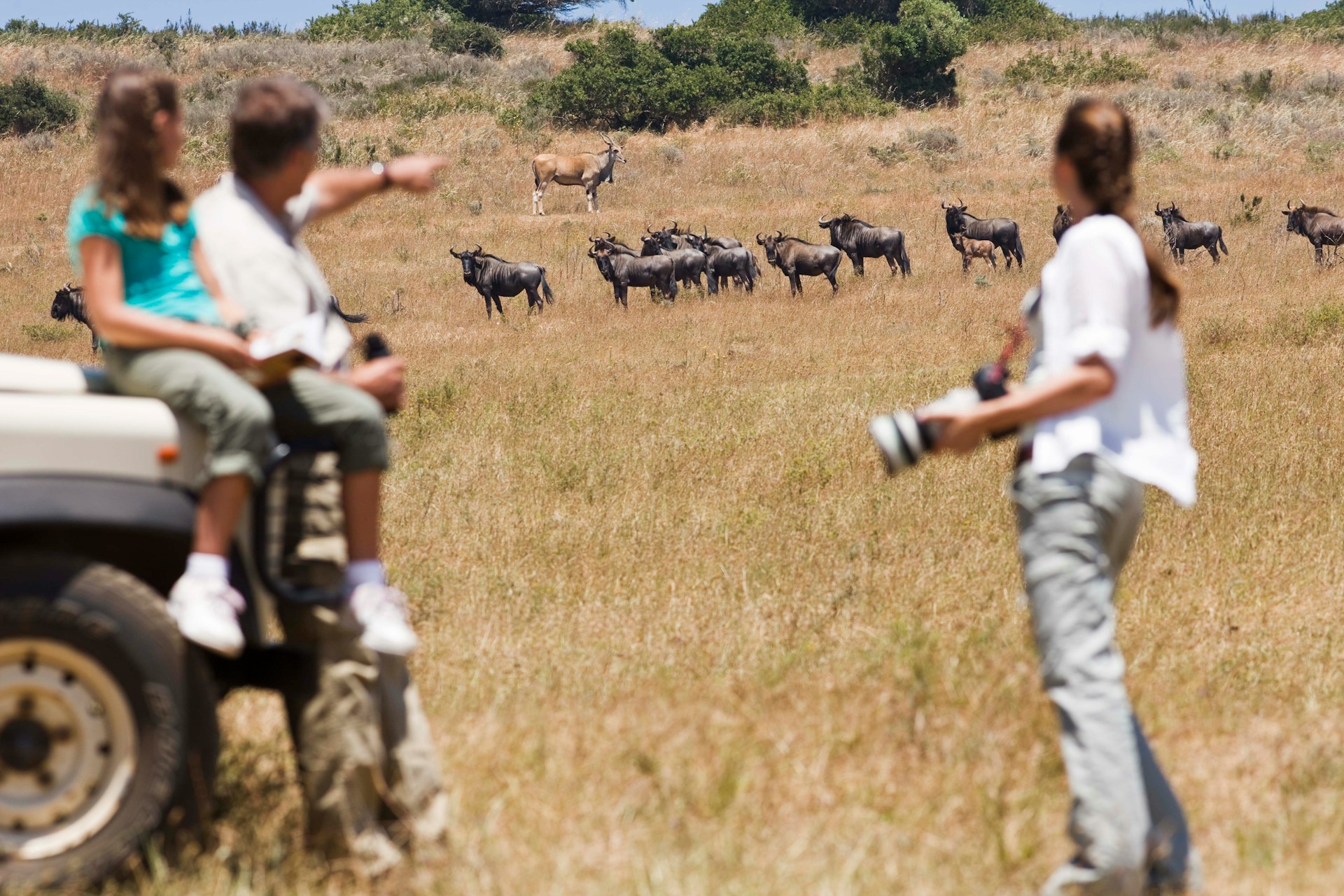
Choosing the Right Safari Photography Workshop
When it comes to choosing the right photography workshop on safari, there are a few things to consider that will help you make the most of your experience. Here are some important factors to keep in mind:
Workshop Goals and Focus
Before selecting a workshop, it’s important to consider what your goals are as a photographer. Some workshops may focus more on technical skills, while others may emphasize creativity and artistic expression. Determine what you hope to gain from the workshop and choose one that aligns with your goals.
Expertise of Instructors
The expertise of the instructors is another important factor to consider. Look for workshops led by professional photographers who have experience working in the specific location and with the type of wildlife you hope to photograph. Check their portfolios and reviews from previous workshop participants to ensure they have the skills and knowledge necessary to guide you.
Location and Wildlife Opportunities
The location of the workshop and the wildlife opportunities available are also key considerations. Some workshops may take place in well-known wildlife reserves or national parks, while others may explore lesser-known areas. Consider the type of wildlife you hope to photograph and choose a workshop that offers opportunities to capture those animals in their natural habitat.
| Considerations | Tips |
|---|---|
| Workshop Goals and Focus | Determine your goals and choose a workshop that aligns with them. |
| Expertise of Instructors | Look for workshops led by professional photographers with experience in the specific location and wildlife you hope to photograph. |
| Location and Wildlife Opportunities | Consider the location and the type of wildlife you hope to photograph and choose a workshop that offers opportunities to capture those animals in their natural habitat. |
By taking these factors into account, you can choose a safari photography workshop that will help you improve your skills and capture stunning images of wildlife in their natural habitat.
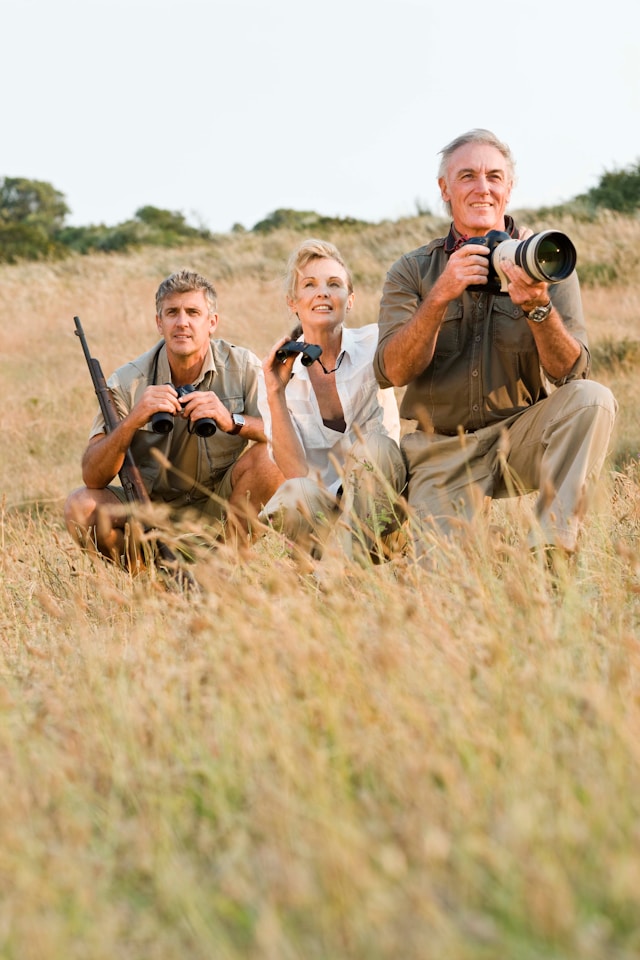
Photography Gear Essentials
When preparing for a photography workshop on safari, having the right gear is essential to capture stunning images. Here are some photography gear essentials you should consider bringing with you:
Camera Types and Lenses
When it comes to camera types, DSLRs and mirrorless cameras are popular choices for safari photography. Both offer high-quality images and interchangeable lenses. For lenses, a telephoto lens is a must-have for capturing wildlife from a distance. A 70-200mm or 100-400mm lens is a great choice for this purpose. Additionally, a wide-angle lens can be useful for capturing landscapes and group shots.
Support Equipment
Support equipment such as a tripod or monopod can help stabilize your camera and prevent blurry images. A tripod is especially useful for low light situations or when using a slow shutter speed. A monopod is a lighter and more portable option, making it a good choice if you’re on the move.
Carrying Solutions
Carrying your gear around on safari can be a challenge, but there are several solutions available. A camera bag with padded compartments can protect your gear during transport. A backpack-style camera bag is also a good option for carrying your gear while on the move. Additionally, a camera strap can help distribute the weight of your camera and lens, making it more comfortable to carry for extended periods.
Remember to pack spare batteries, memory cards, and a cleaning kit for your gear. With the right photography gear essentials, you’ll be well-equipped to capture stunning images on your safari photography workshop.
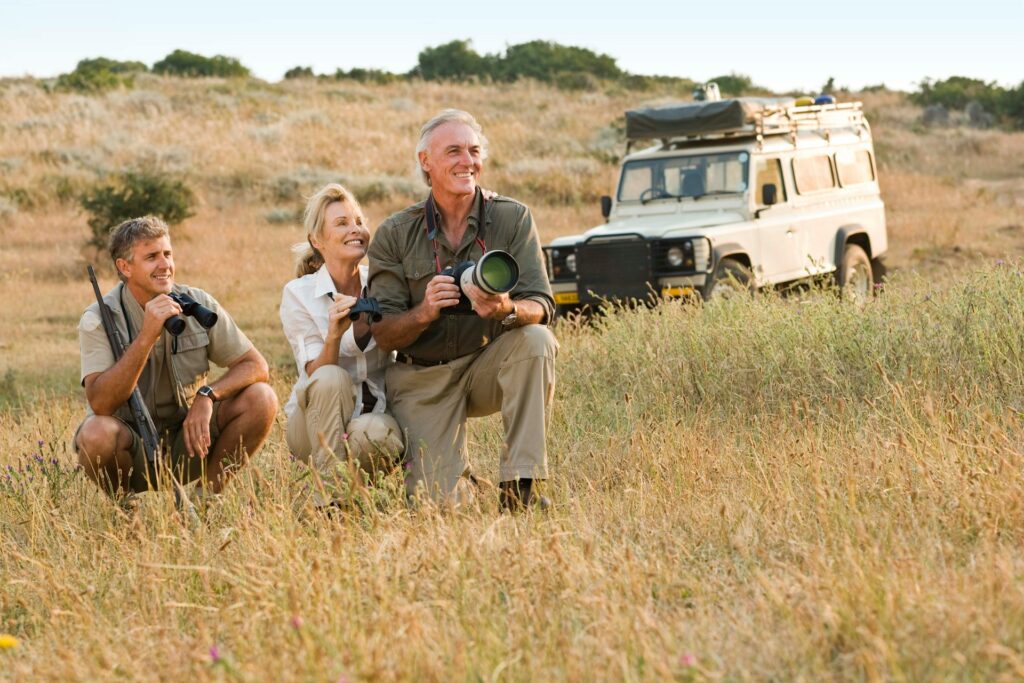
Skills and Techniques
If you’re planning to join a photography workshop on safari, you’re likely to learn a lot of new skills and techniques to help you capture stunning wildlife photos. Here are some of the key skills and techniques you can expect to learn:
Wildlife Photography Basics
Before you start taking photos on safari, it’s important to understand the basics of wildlife photography. This includes things like understanding your camera settings, knowing how to use different lenses, and learning how to compose your shots. In a photography workshop, you’ll have the opportunity to learn from experienced photographers who can teach you these skills and help you put them into practice in the field.
Lighting and Composition
Lighting and composition are two of the most important aspects of wildlife photography. In a photography workshop, you’ll learn how to use natural light to your advantage and how to compose your shots to create stunning images. You’ll also learn how to use different angles and perspectives to make your photos more interesting and engaging.
Post-Processing Tips
Once you’ve taken your photos, you’ll need to edit them to bring out the best in each image. In a photography workshop, you’ll learn how to use post-processing software to edit your photos and create stunning final images. You’ll also learn how to use different editing techniques to create different moods and styles in your photos.
Overall, a photography workshop on safari can be a great way to learn new skills and techniques, meet other photographers, and capture stunning wildlife photos. Whether you’re a beginner or an experienced photographer, there’s always something new to learn in the world of wildlife photography.
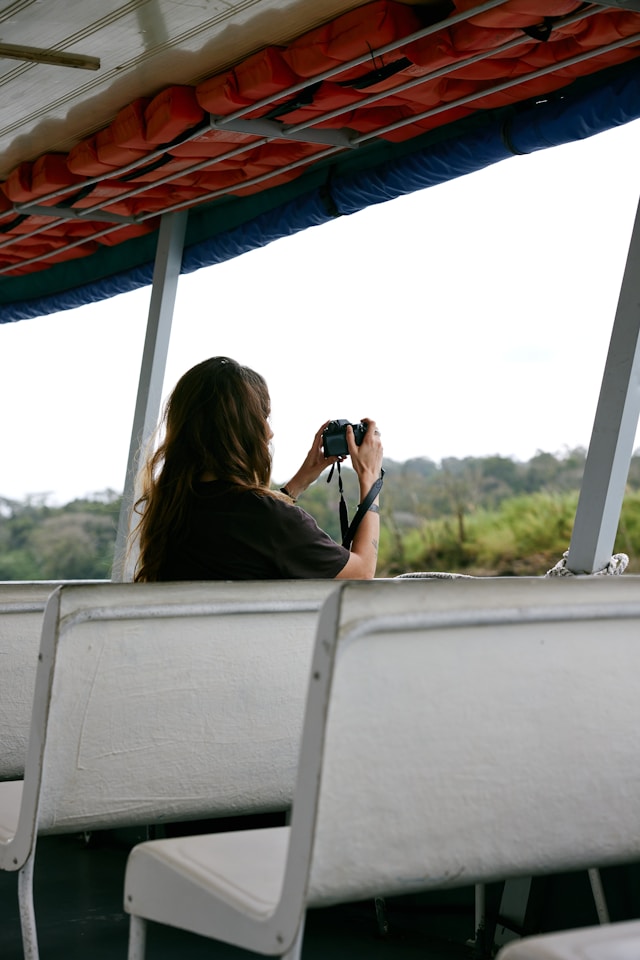
Safety and Ethics in Wildlife Photography
When embarking on a photography workshop on safari, it’s important to keep in mind the safety and ethical considerations of capturing images of wildlife. Here are some key things to keep in mind:
Respecting Wildlife
The welfare of the animals you’re photographing should always be a top priority. It’s important to maintain a safe distance from animals and to avoid disturbing their natural behavior. Remember that you are a visitor in their territory, and it’s important to respect their space and not interfere with their daily routines.
Some specific guidelines to follow include:
- Keep a safe distance from animals, especially if they are with their young or if they appear agitated or aggressive.
- Avoid using flash photography, as this can startle or disorient animals.
- Do not feed or touch animals, as this can be dangerous for both you and the animal.
Environmental Considerations
In addition to respecting the animals themselves, it’s important to consider the impact that your presence and actions may have on the environment. Here are some things to keep in mind:
- Stay on designated paths or roads to avoid damaging vegetation or disturbing wildlife habitats.
- Avoid littering or leaving any trash behind. Pack out everything you bring in.
- Consider the environmental impact of your photography equipment. For example, avoid using disposable batteries and consider using a solar-powered charger instead.
By keeping these safety and ethical considerations in mind, you can ensure that your photography workshop on safari is a positive experience for both you and the animals you encounter.
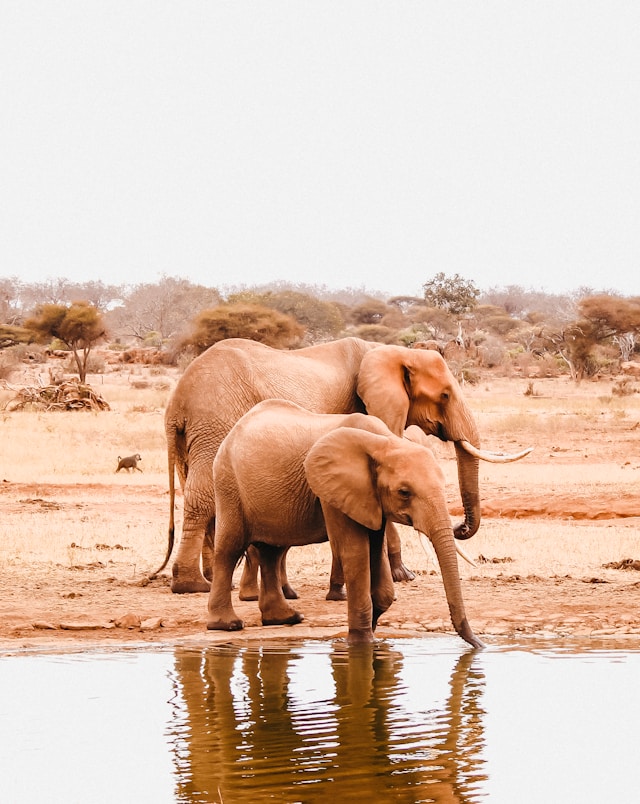
Maximizing Your Safari Experience
When it comes to photography workshops on safari, there is more to it than just taking pictures of wildlife. You want to make the most of your time on safari, and that means engaging with the local culture and combining photography with adventure. Here are some tips to help you maximize your safari experience.
Cultural Engagement
One of the best ways to enhance your safari experience is to engage with the local culture. This can include visiting local villages, meeting with local people, and learning about their traditions and way of life. Not only will this help you gain a deeper understanding of the area you are visiting, but it can also provide some unique photo opportunities. Be respectful of local customs and traditions, and always ask for permission before taking photos of people.
Combining Photography and Adventure
Safaris are not just about taking pictures of wildlife. They can also be an opportunity for adventure. Consider adding activities like hot air balloon rides, hiking, or even whitewater rafting to your itinerary. Not only will this provide some unique photo opportunities, but it will also allow you to experience the area in a different way. Be sure to pack the appropriate gear for any adventure activities you plan to participate in.
Overall, the key to maximizing your safari experience is to be open to new experiences and to embrace the local culture. By combining photography with adventure and engaging with the local community, you can make your safari experience truly unforgettable.
Leave a Reply